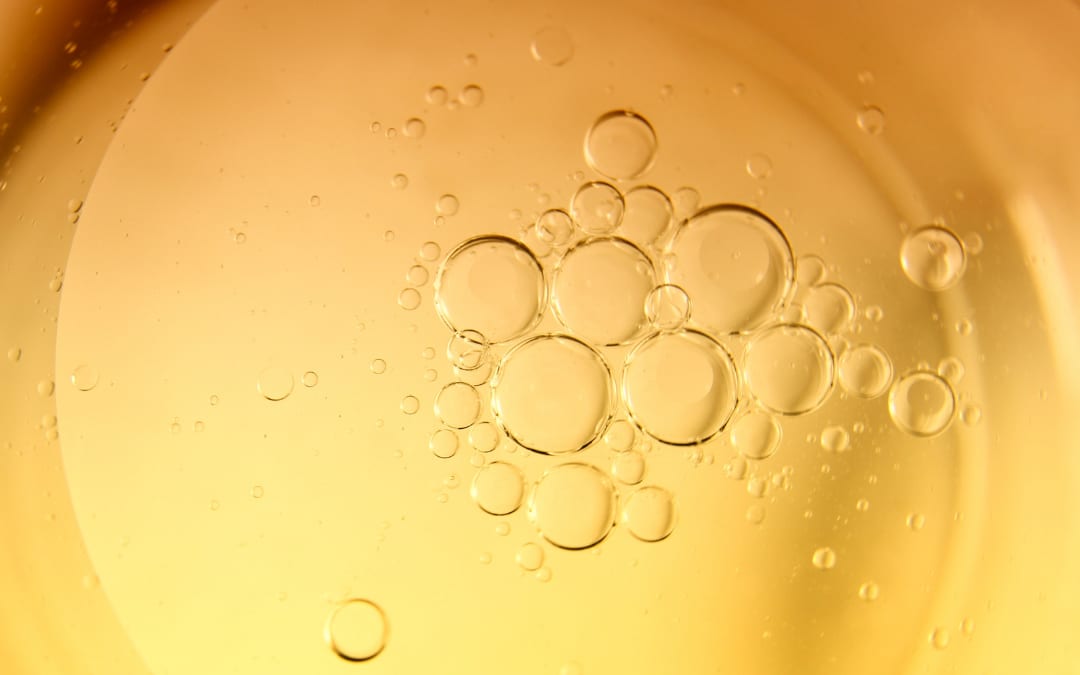Maintaining a healthy plumbing system is essential for the smooth functioning of your home. From the kitchen sink to the bathroom drains, everything plays a crucial role in keeping your living space comfortable and convenient. One common mistake that many homeowners make is disposing of fats, oils, and grease (FOG) down the kitchen sink drain. In this comprehensive guide, your trusted Yonkers plumber, Flotechs Plumbing & Heating, sheds light on why FOG and plumbing don’t get along and how you can avoid potential plumbing disasters.
Why Should You Be Concerned About Fats, Oils, & Grease?
Fats, oils, and grease are common byproducts of cooking. They may seem harmless in liquid form when hot, but they can cause serious issues when they cool down. These substances are notorious for congealing and solidifying over time. When poured down the kitchen sink drain, they can cling to the interior of the pipes, causing a slow to drain or even completely clogged pipes.
The Consequences: Slow Drains and Clogged Pipes
Have you noticed water taking longer to drain from your sink? This could be a sign of FOG buildup. As FOG accumulates within the pipes, it can trap food particles and debris, leading to restricted water flow. This not only creates an inconvenience in your daily routine but also sets the stage for a potentially costly plumbing repair.
How Does FOG Cause Long-Term Plumbing Damage?
Breaking Down the Chemistry of FOG
Fats and oils are composed of molecules that, while liquid when warm, solidify at room temperature. When they’re poured down the drain and cool off, these substances start to solidify, adhering to the pipe walls. Over time, the fats in the grease break down into their most basic components of fatty acids and glycerol. These compounds react with minerals present in the water, forming soap-like substances that contribute to the accumulation of gunk within the pipes.
The Buildup Effect
As fatty acids and glycerol combine with other materials flowing through the pipes, they create a sticky, viscous mixture that clings to the inner surfaces. This buildup narrows the diameter of the pipes, reducing water flow and increasing the likelihood of clogs. The longer this issue goes unnoticed, the more severe the blockage becomes, potentially leading to complete pipe blockage or even bursts.
Frequently Asked Questions About Fats, Oils, & Grease in Plumbing
Q1: Can I Dispose of FOG in Small Quantities?
A: While disposing of small amounts of FOG might seem harmless, it’s best to avoid pouring any amount down the drain. Even small quantities can contribute to buildup over time.
Q2: What’s the Right Way to Get Rid of FOG?
A: Instead of pouring FOG down the drain, collect it in a heat-resistant container and let it cool. Once it solidifies, seal the container and dispose of it in the trash.
Q3: Can Hot Water Prevent FOG Buildup?
A: While hot water might temporarily help break down FOG and flush it down the drain, it’s not a foolproof solution. The FOG can still solidify further down the pipes, causing blockages.
Q4: Do Commercial Drain Cleaners Solve FOG Issues?
A: Commercial drain cleaners might offer a quick fix, but they often contain harsh chemicals that can damage your pipes over time. It’s better to prevent FOG buildup altogether.
Preventing FOG-Related Plumbing Issues
Mindful Disposal
The key to preventing FOG-related plumbing problems lies in proper disposal. Instead of letting FOG go down the drain, let it cool in a container and then throw it away with your regular trash. Consider recycling used cooking oil if possible.
Regular Maintenance
Schedule routine plumbing maintenance with a professional Yonkers plumber like Flotechs. They can inspect your plumbing system for any signs of buildup or blockage and take preventive measures to keep your pipes flowing smoothly.
Use Sink Strainers
Place sink strainers or stoppers over your drains to catch food particles and debris. Regularly clean these strainers to prevent the accumulation of gunk that could contribute to clogs.
Educational Campaigns
Communities can benefit from educational initiatives about the dangers of FOG in plumbing. By raising awareness, homeowners can learn about proper disposal methods and take steps to protect their plumbing systems. If you’re interested, you can take a look at an article we wrote called 7 things to never put down a garbage disposal.
Fats, oils, and grease might seem innocuous when cooking, but they pose a serious threat to your plumbing system. The build-up of FOG can lead to slow drains, clogged pipes, and expensive repairs. Remember, fats, oils, and grease don’t mix with plumbing. Be mindful of your disposal habits, maintain your plumbing system, and spread the word to ensure a clog-free future.



